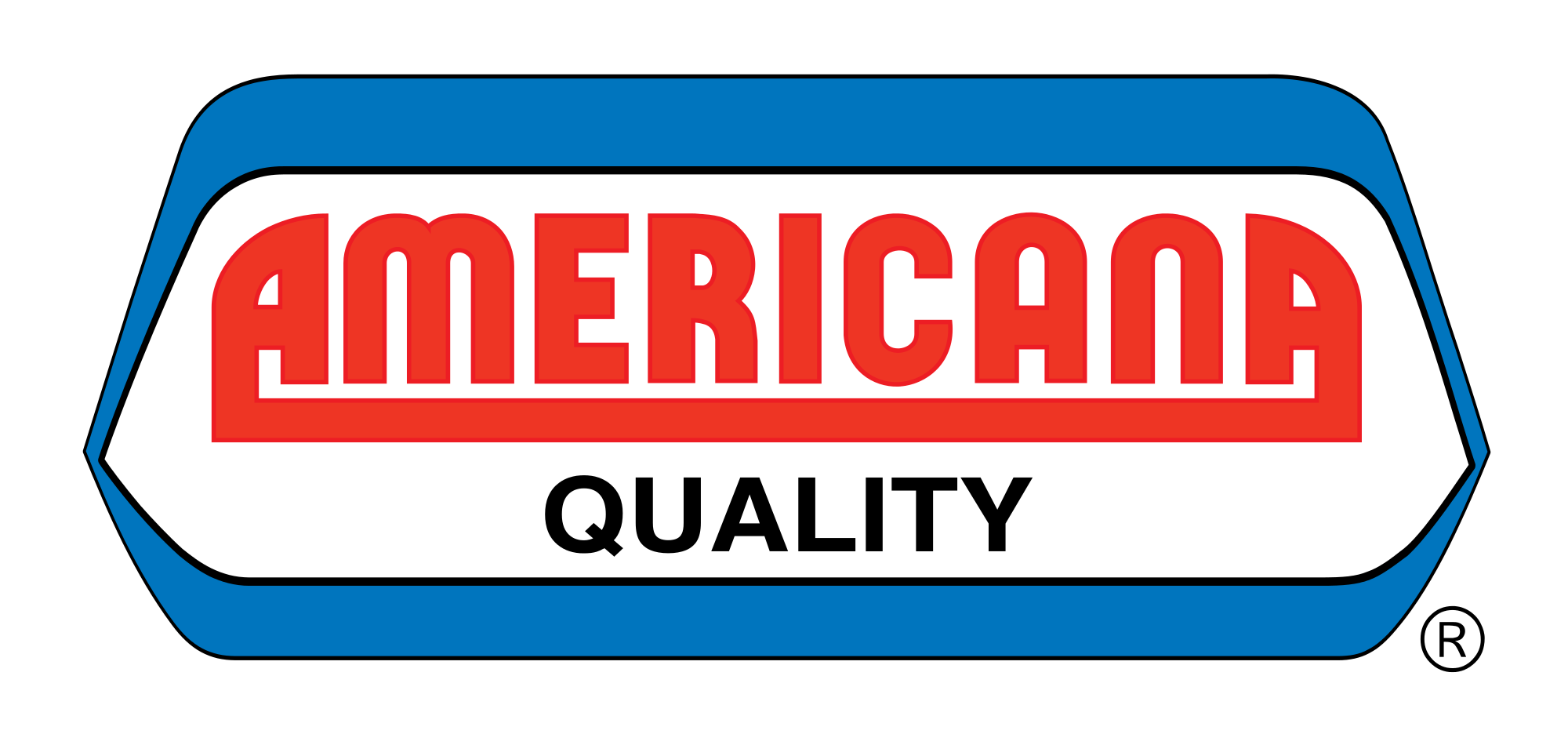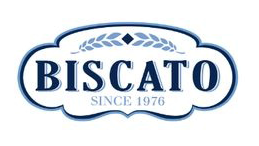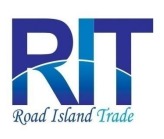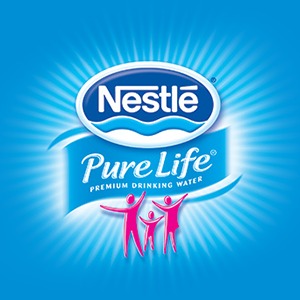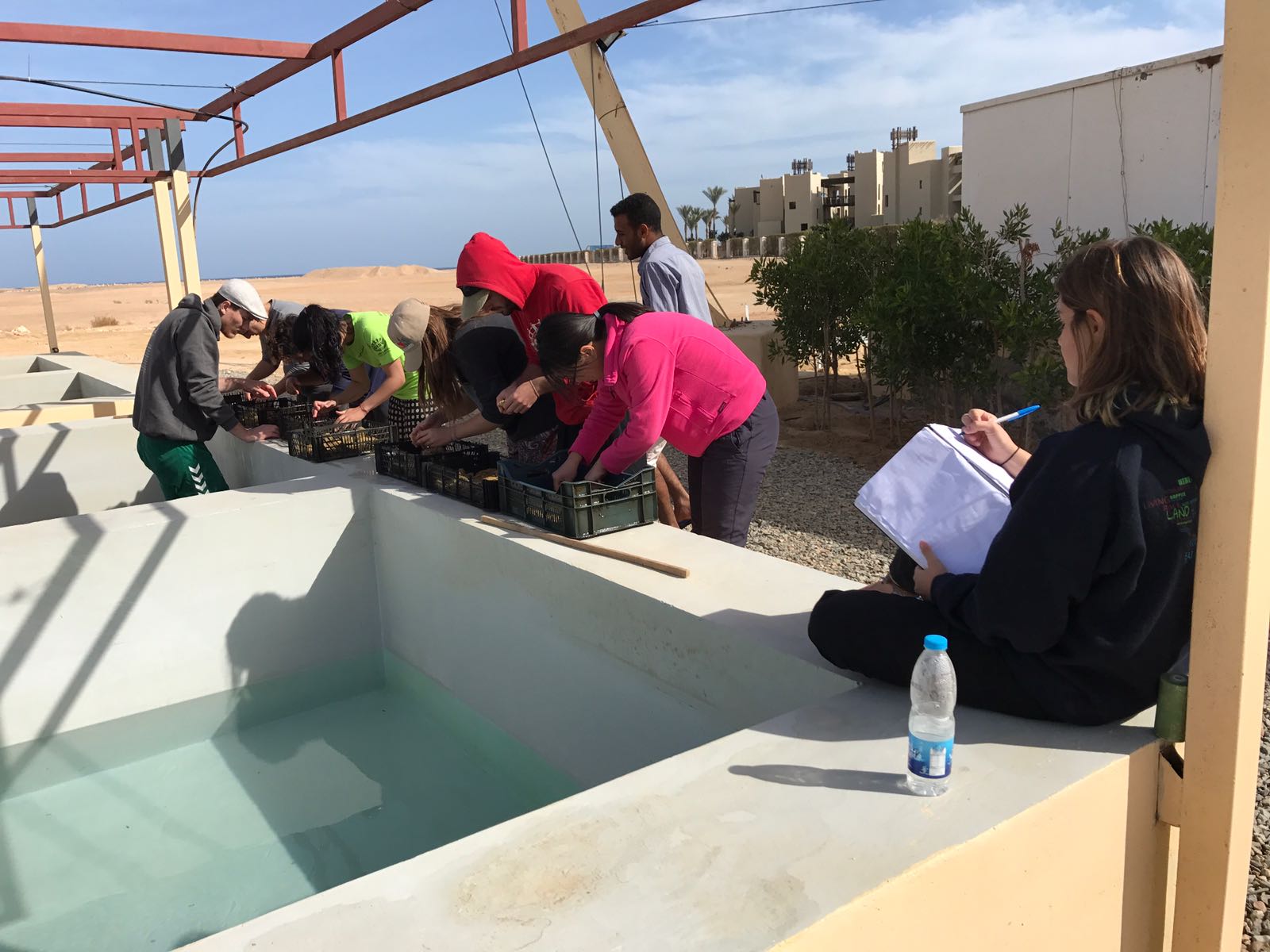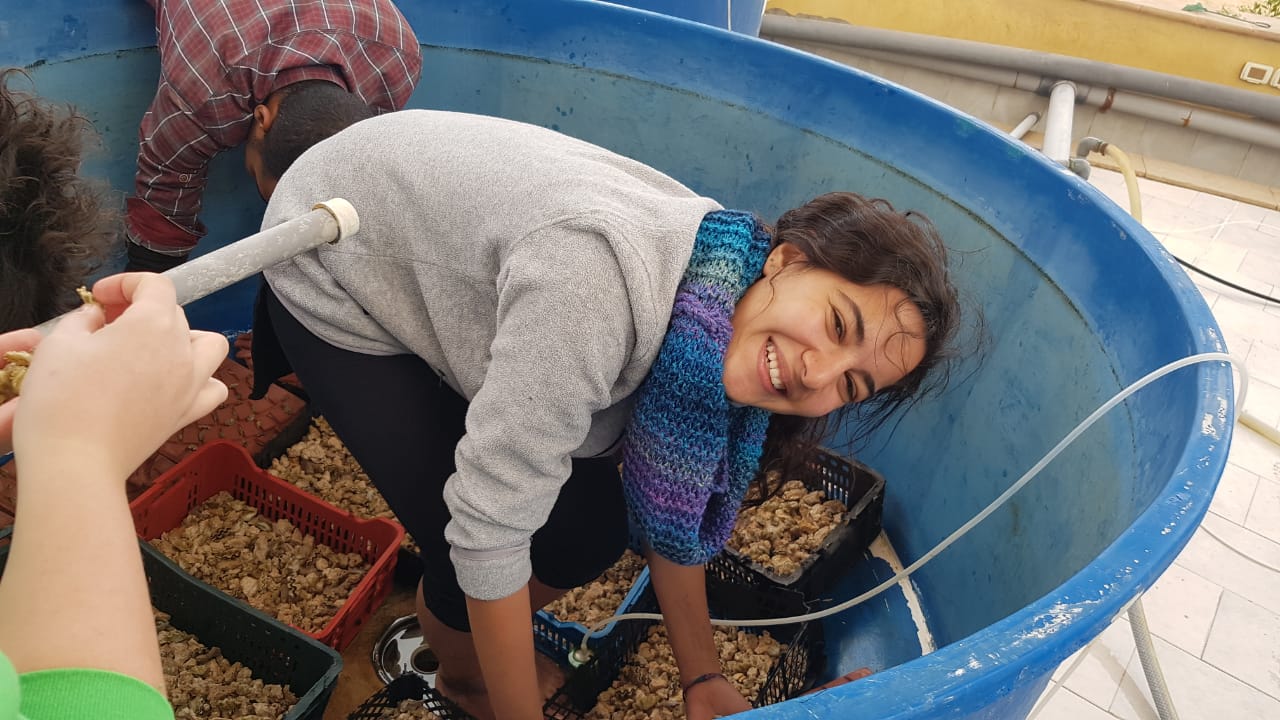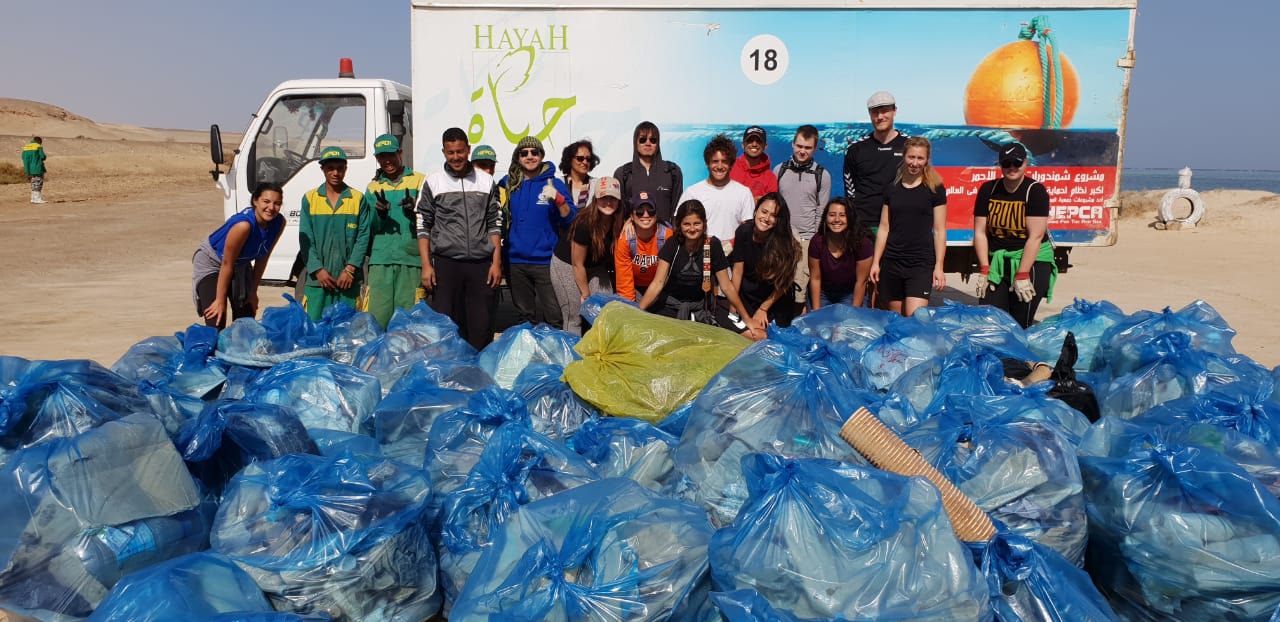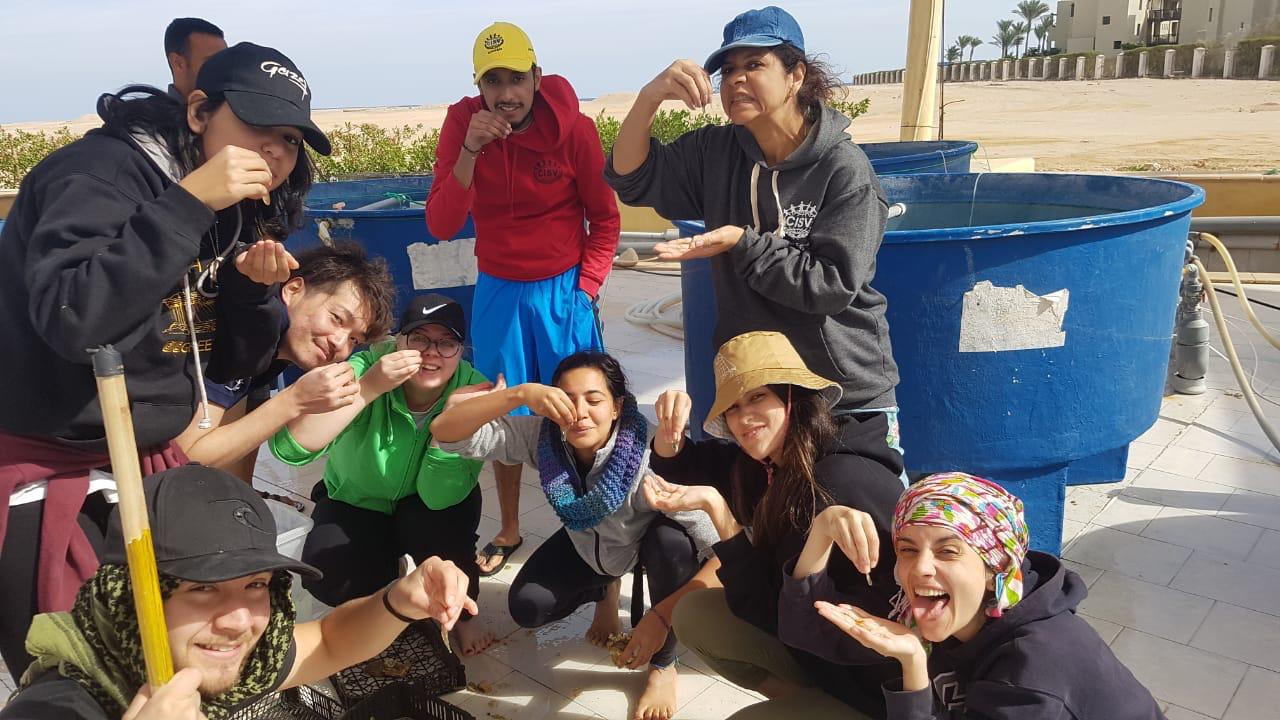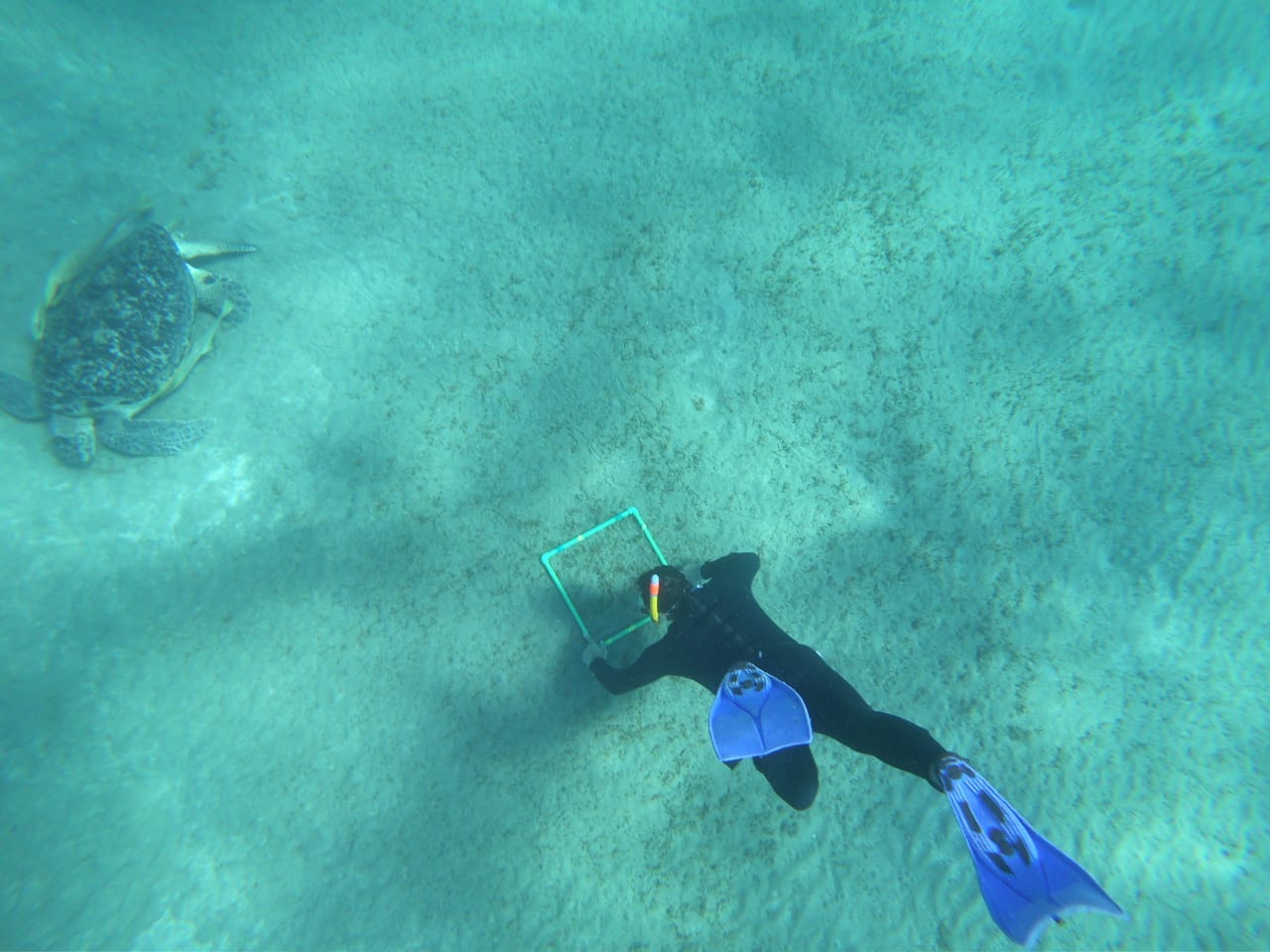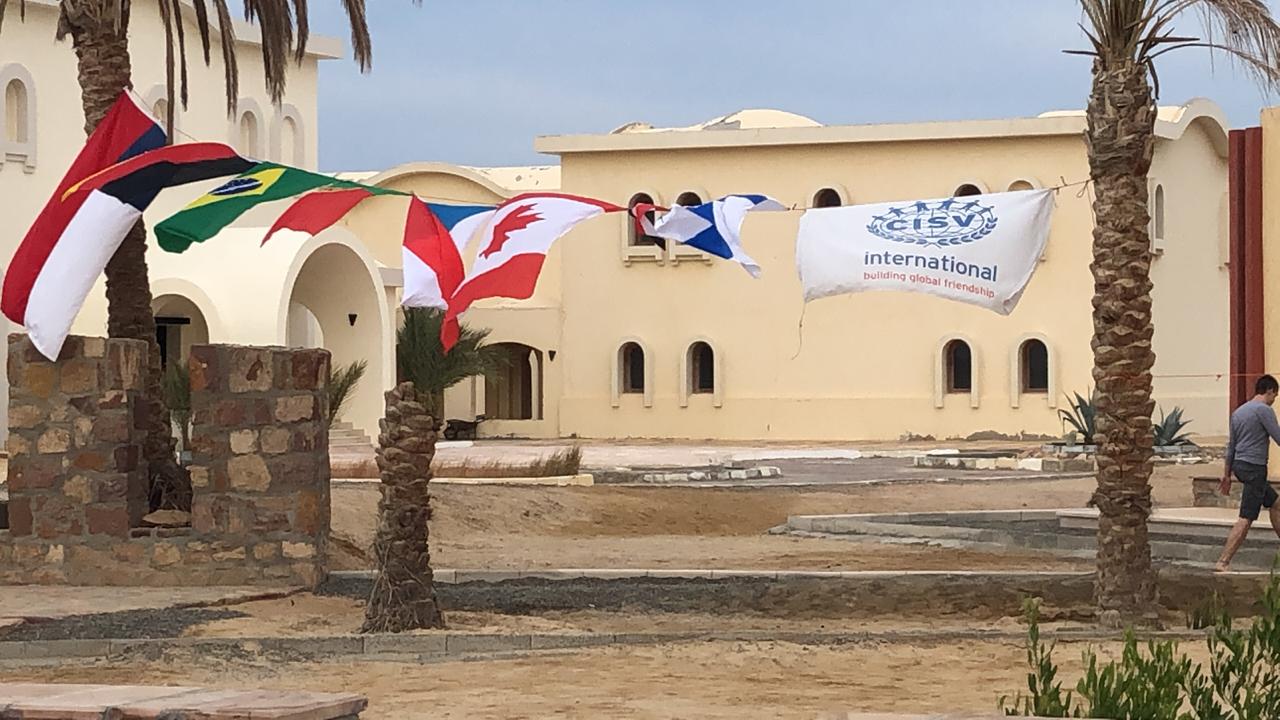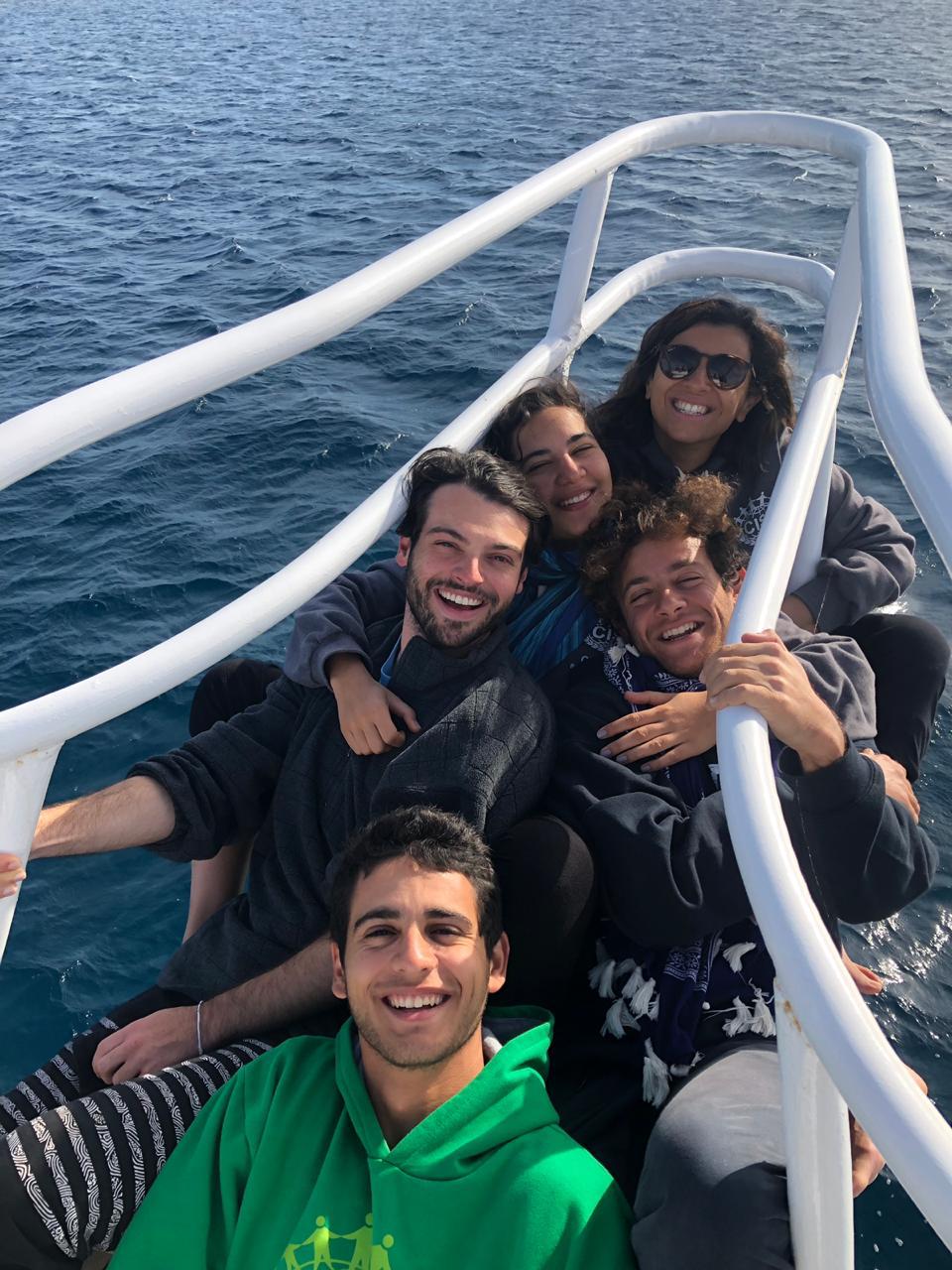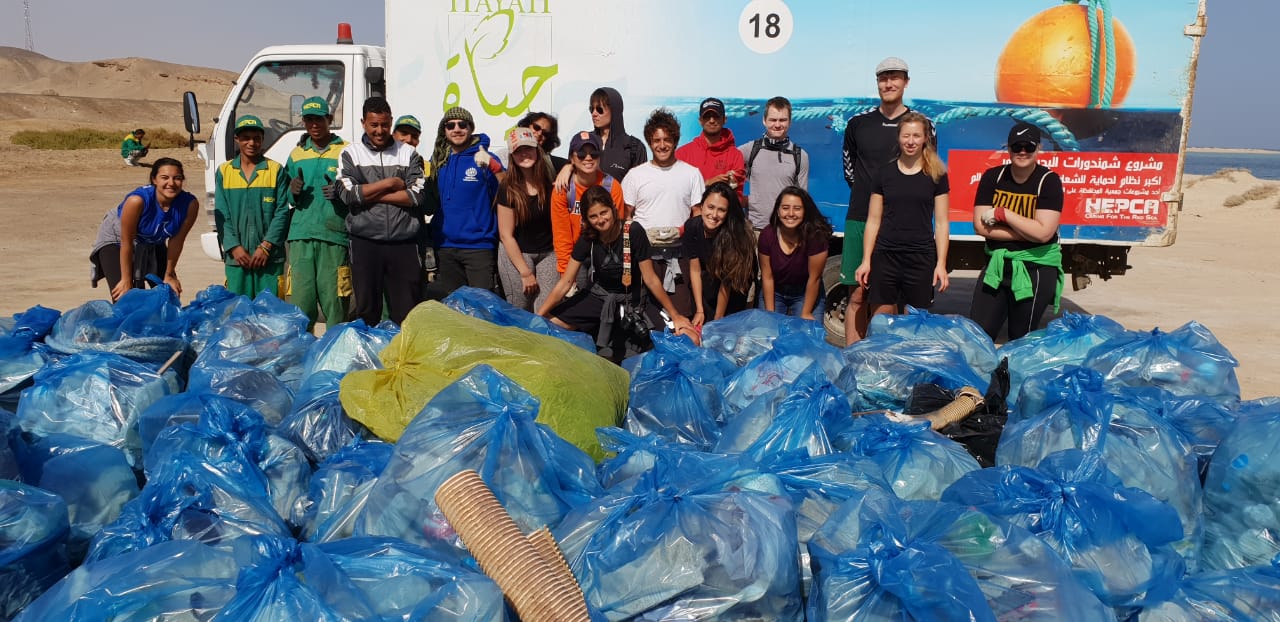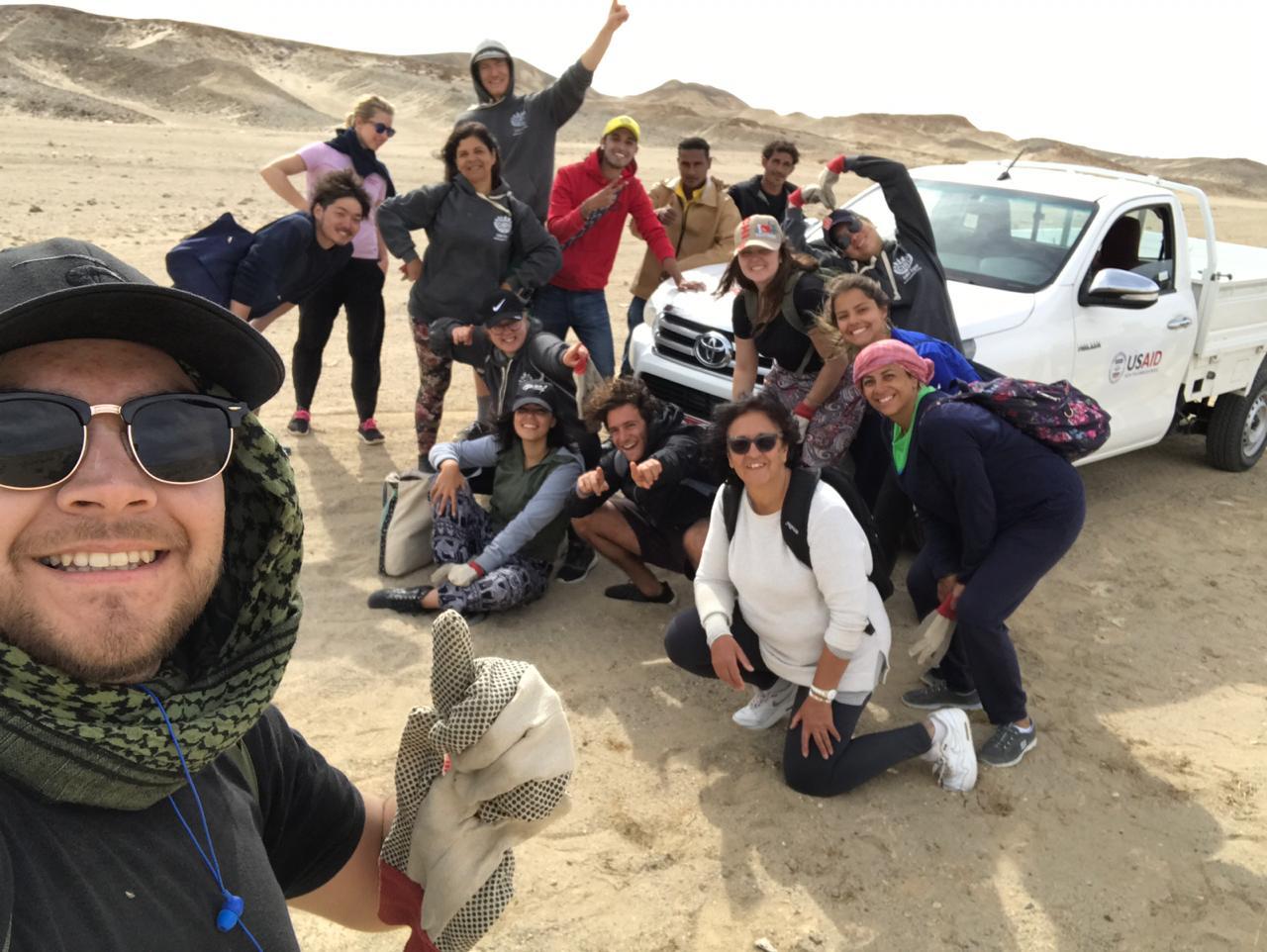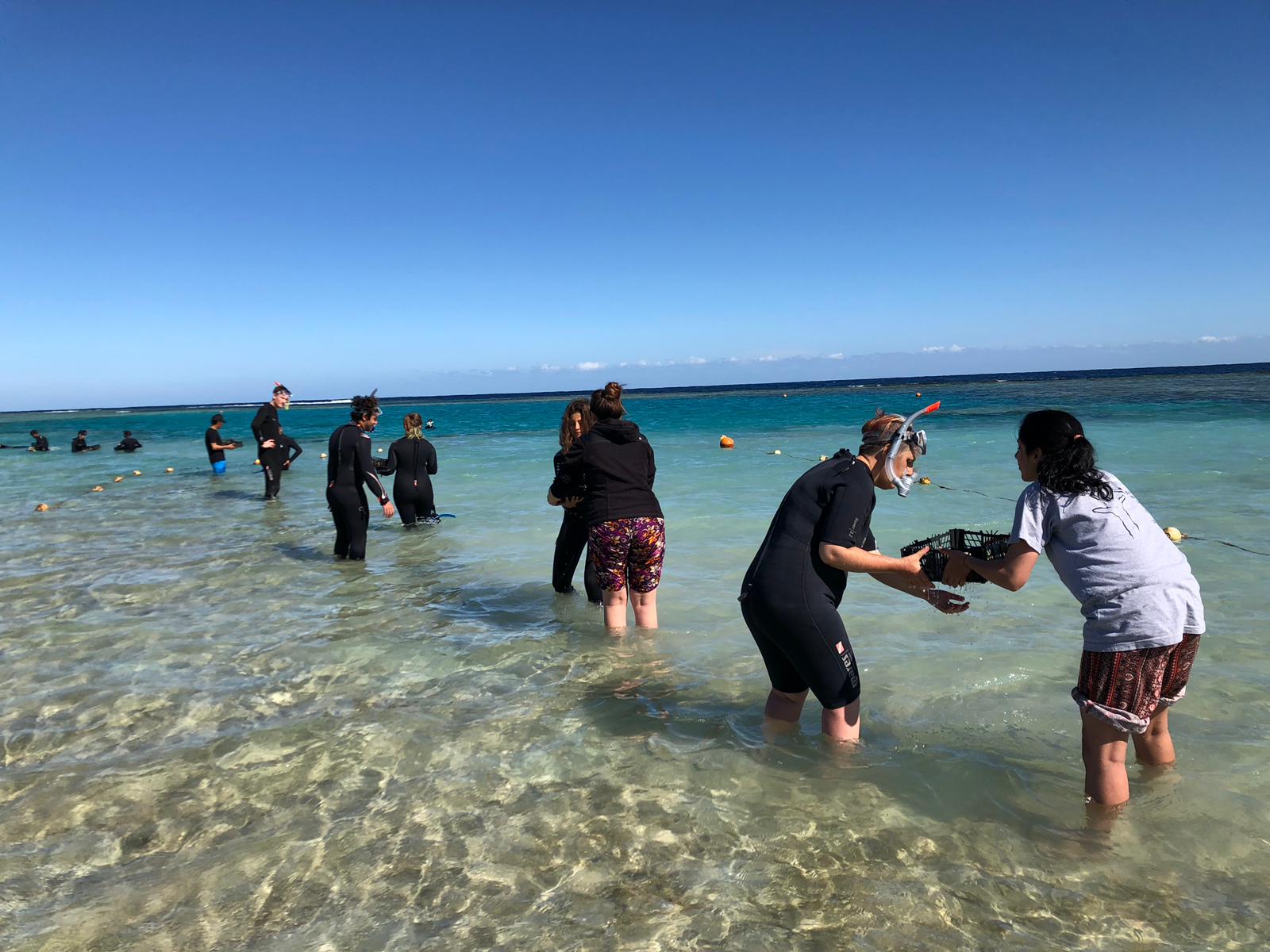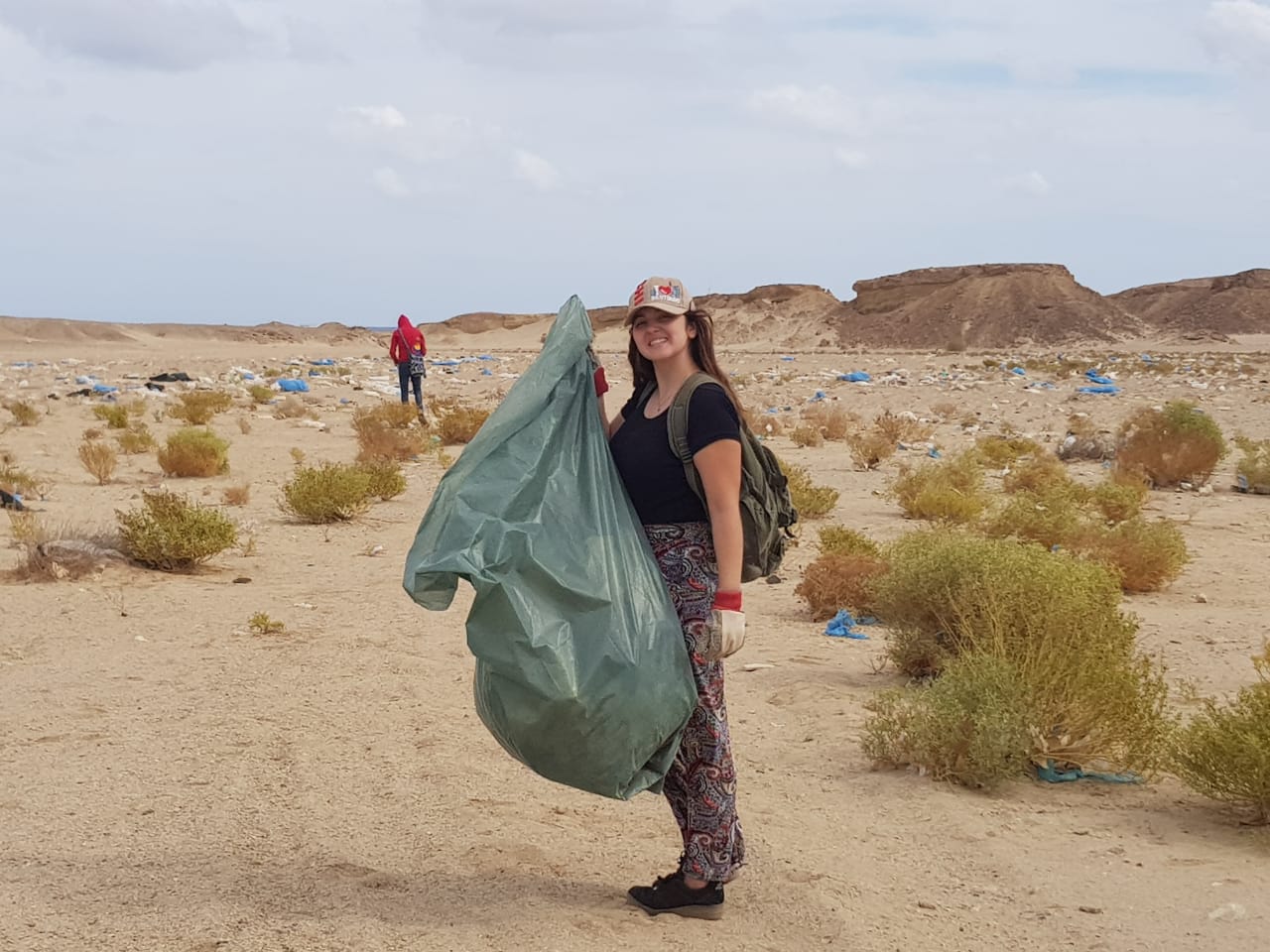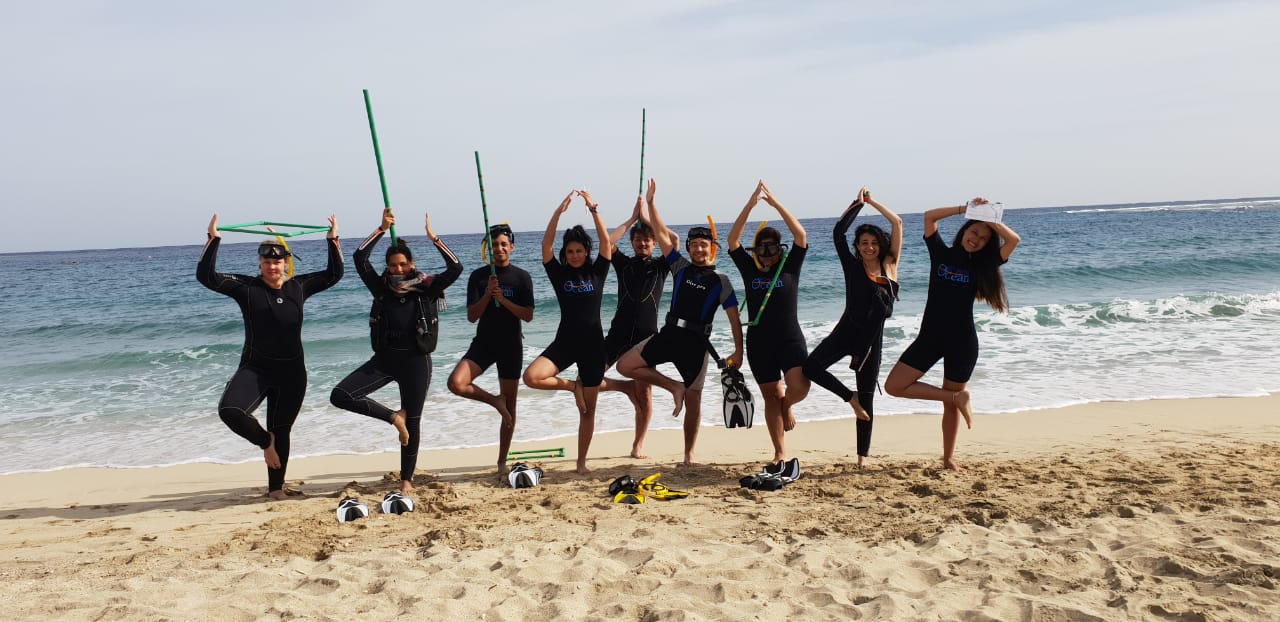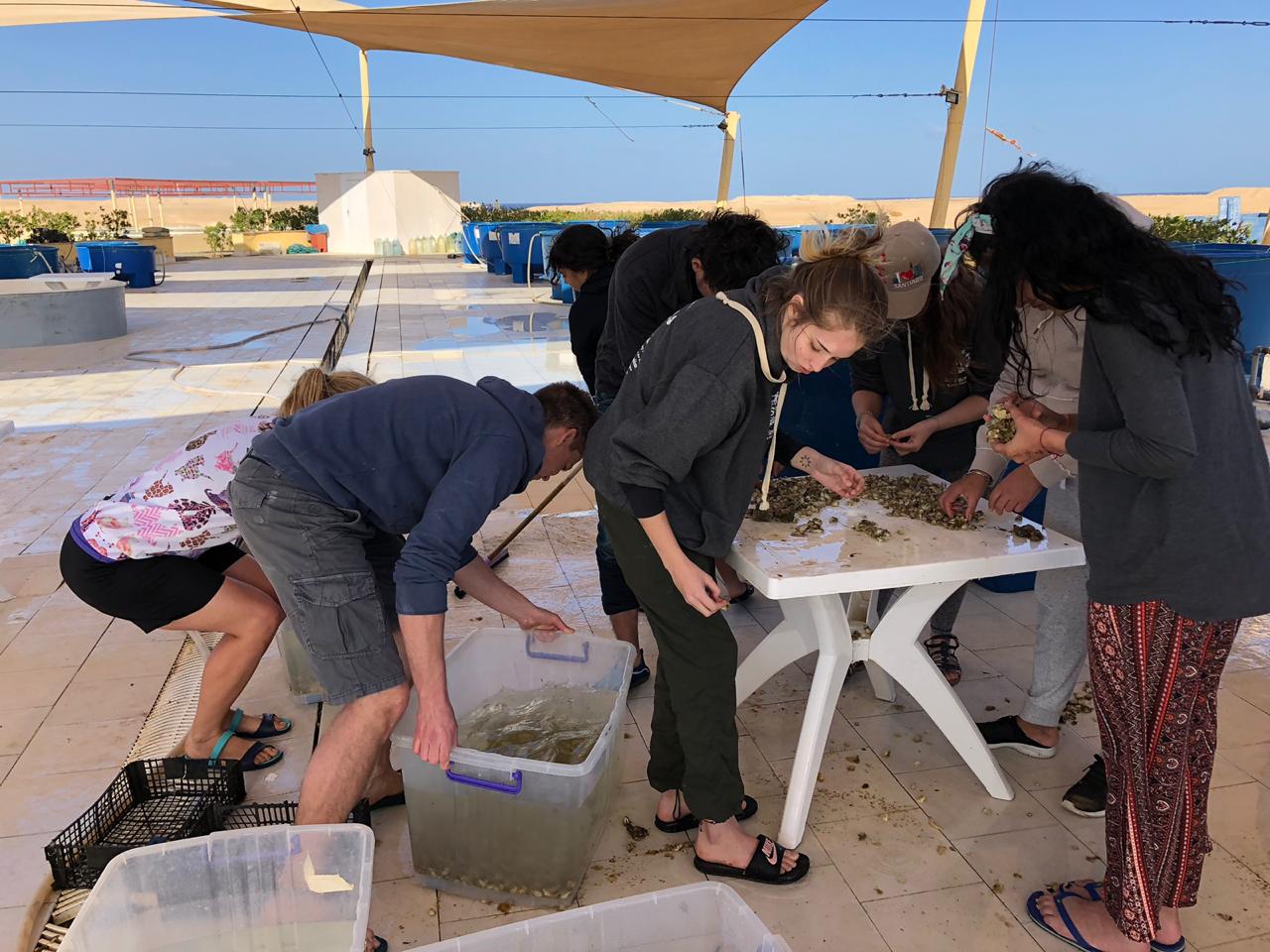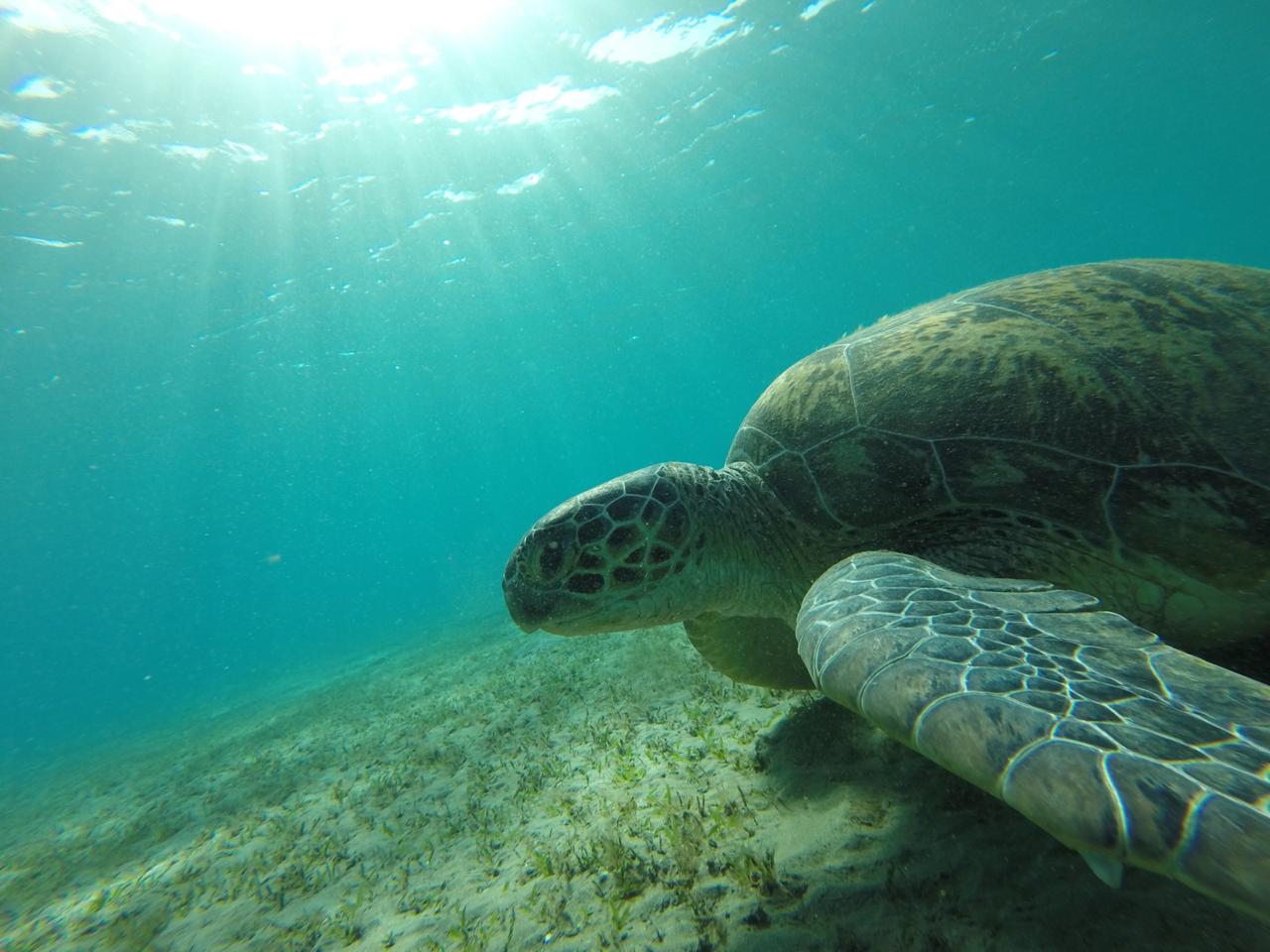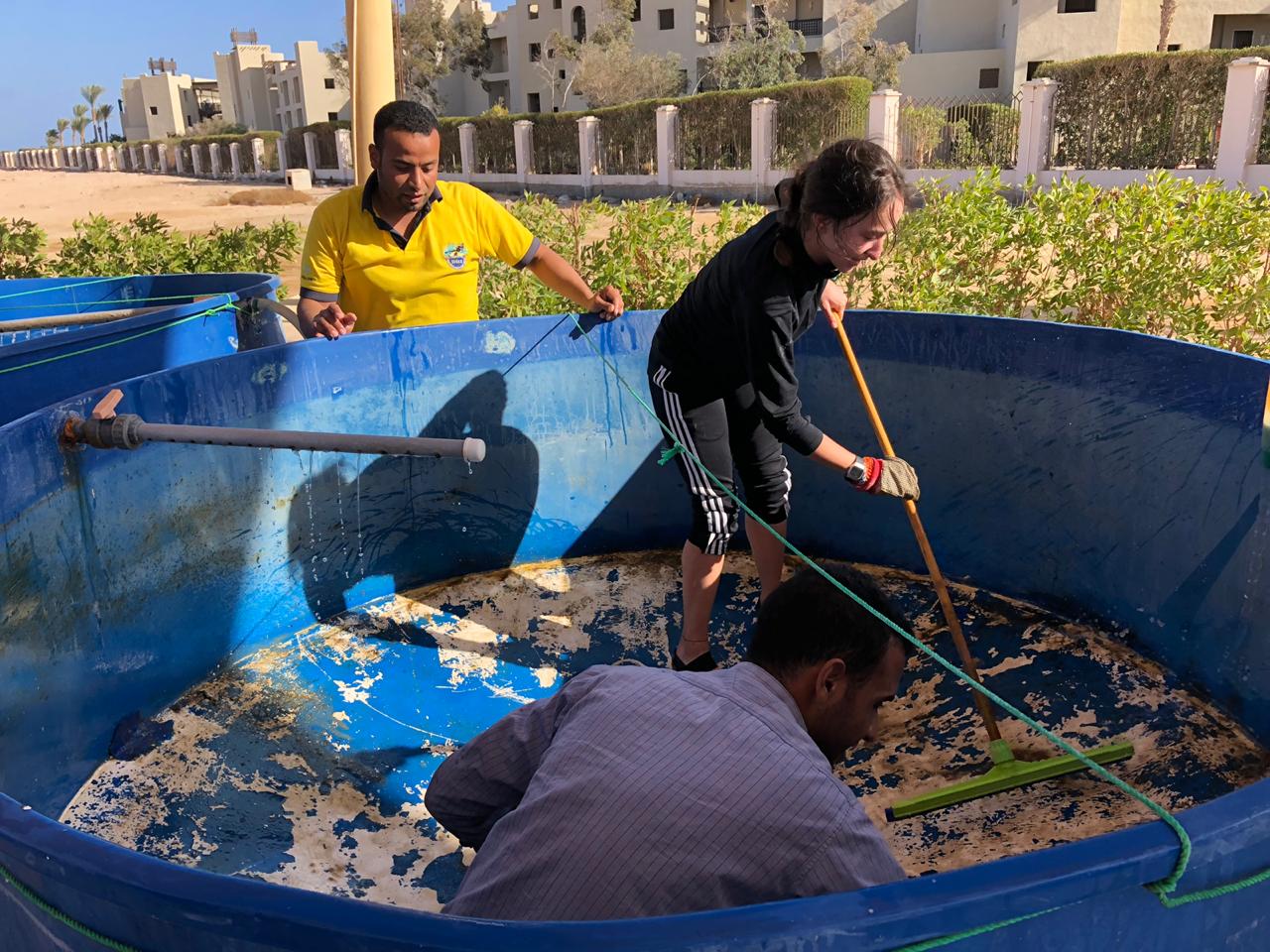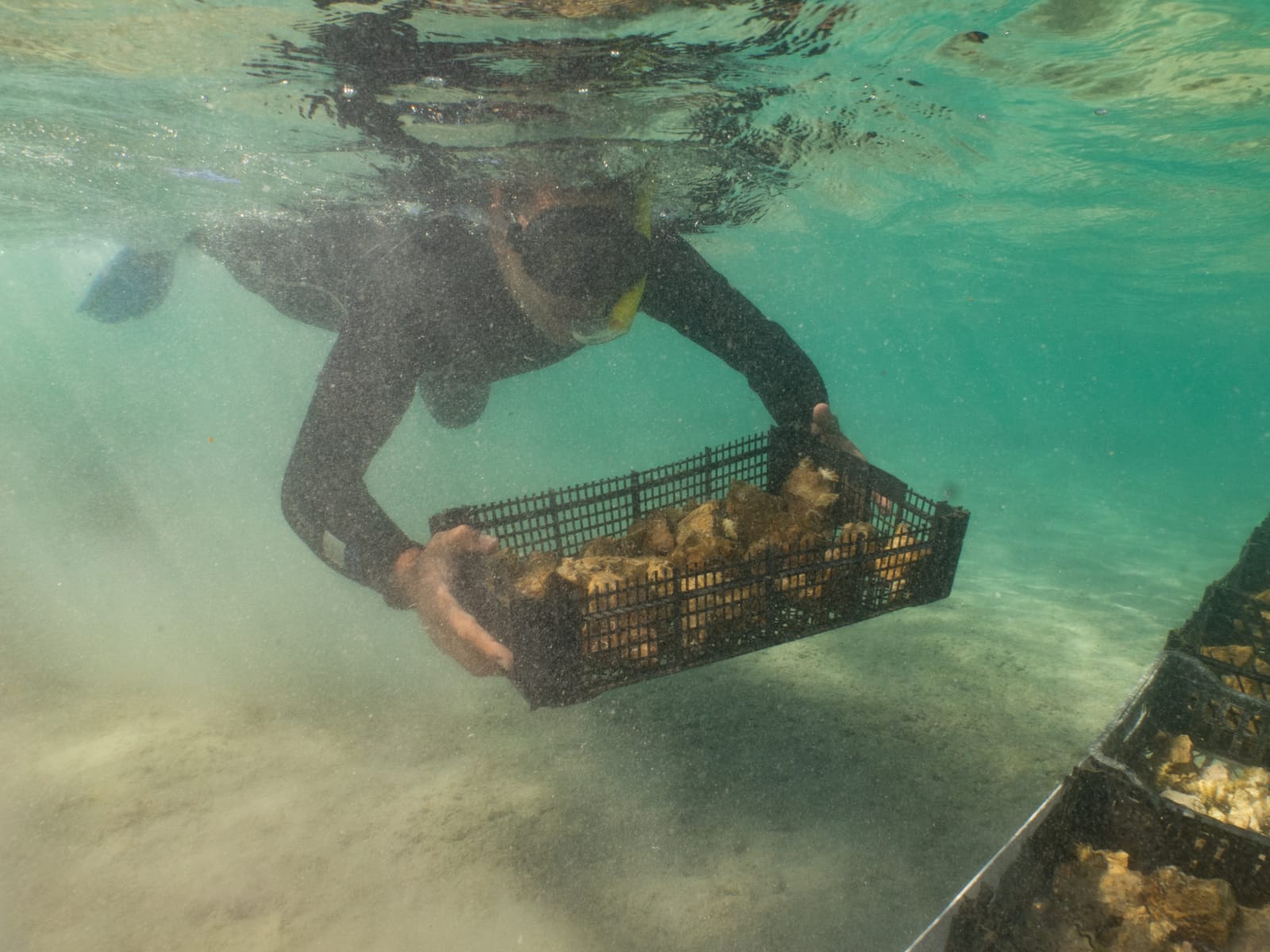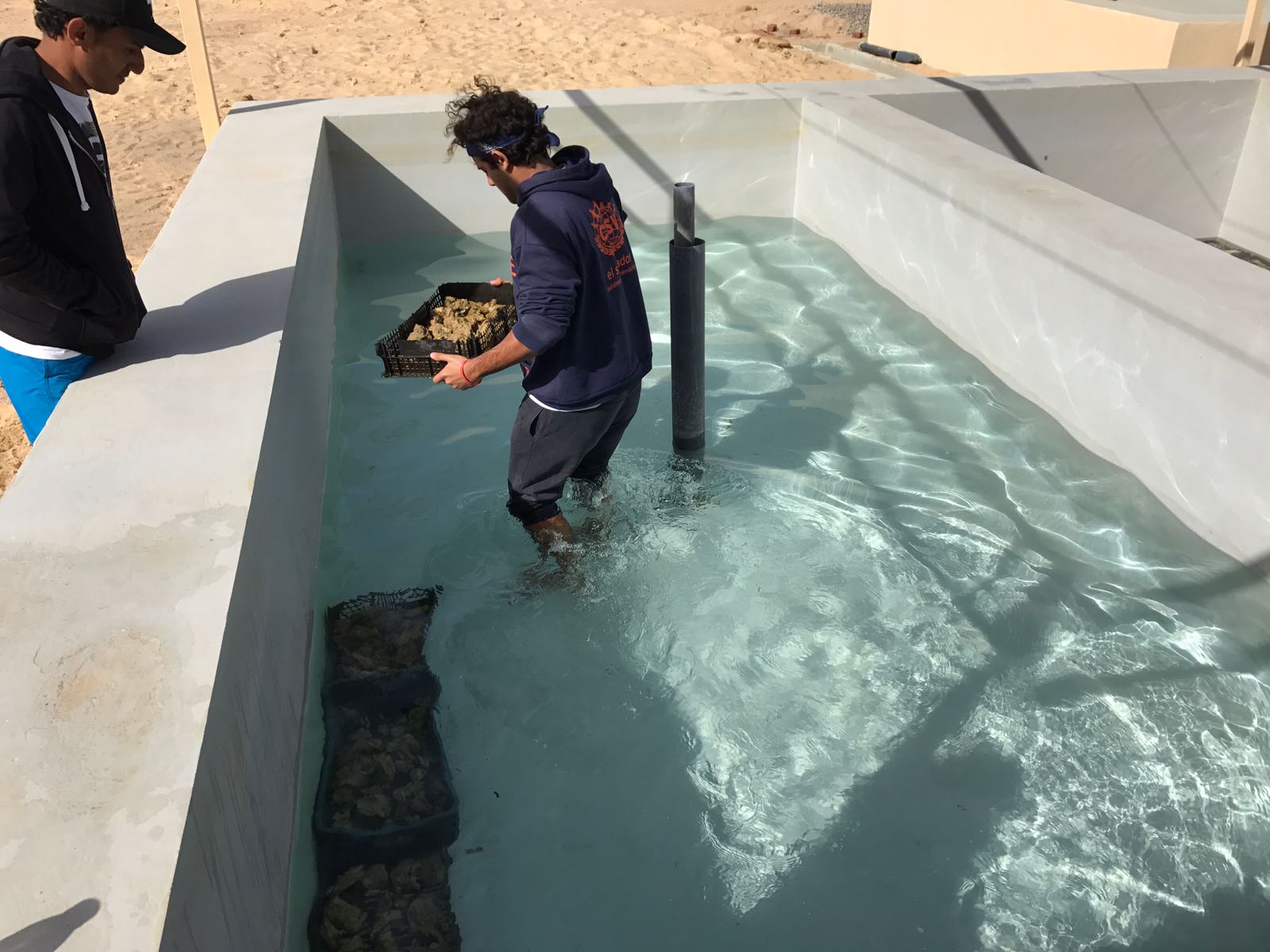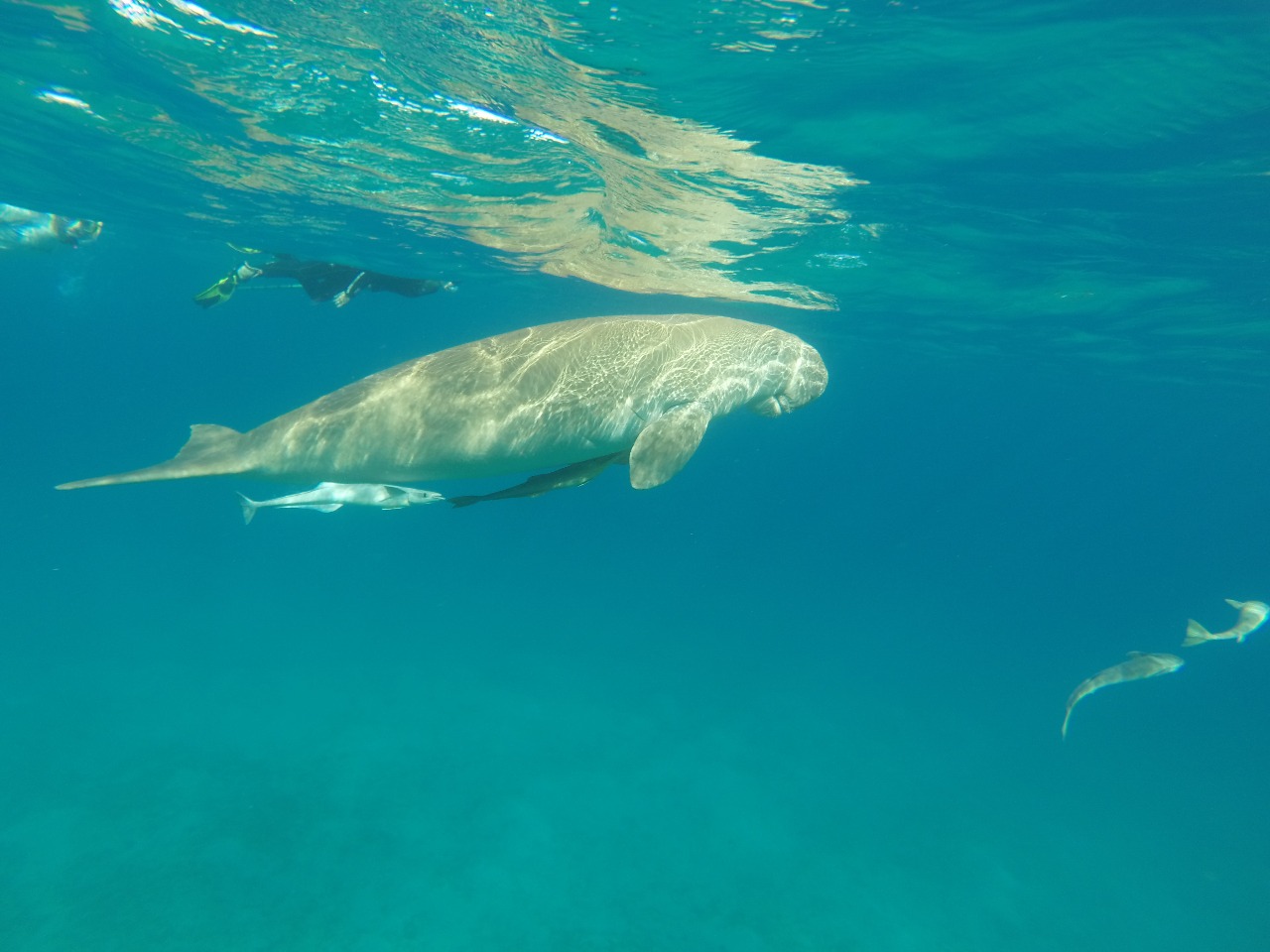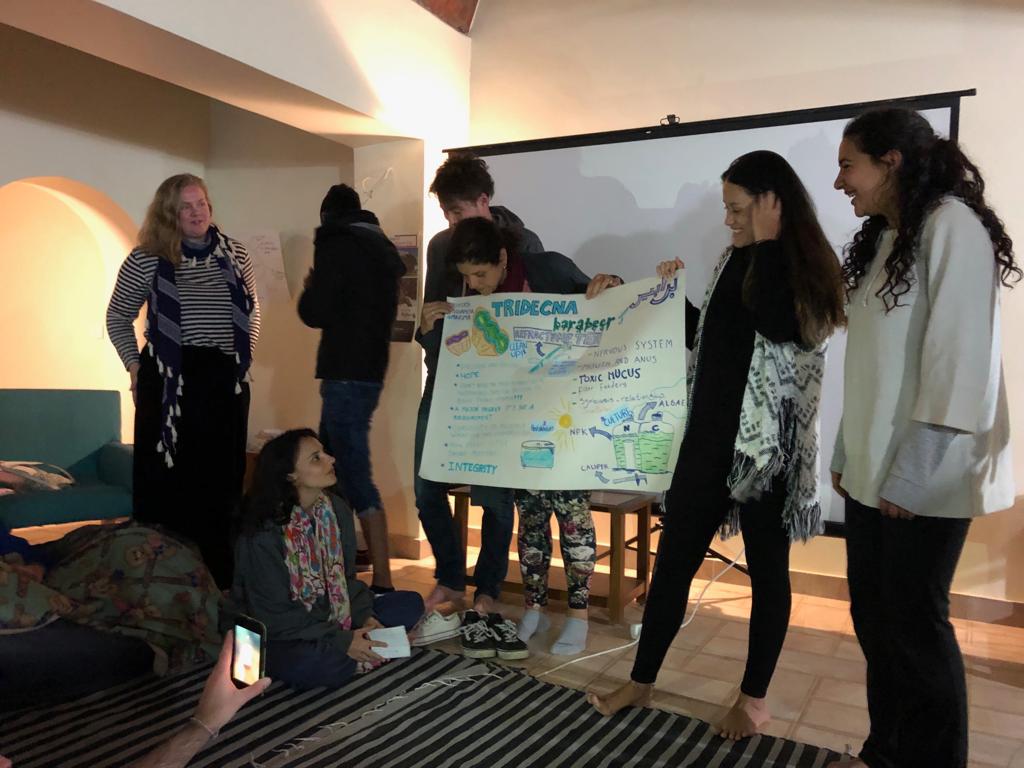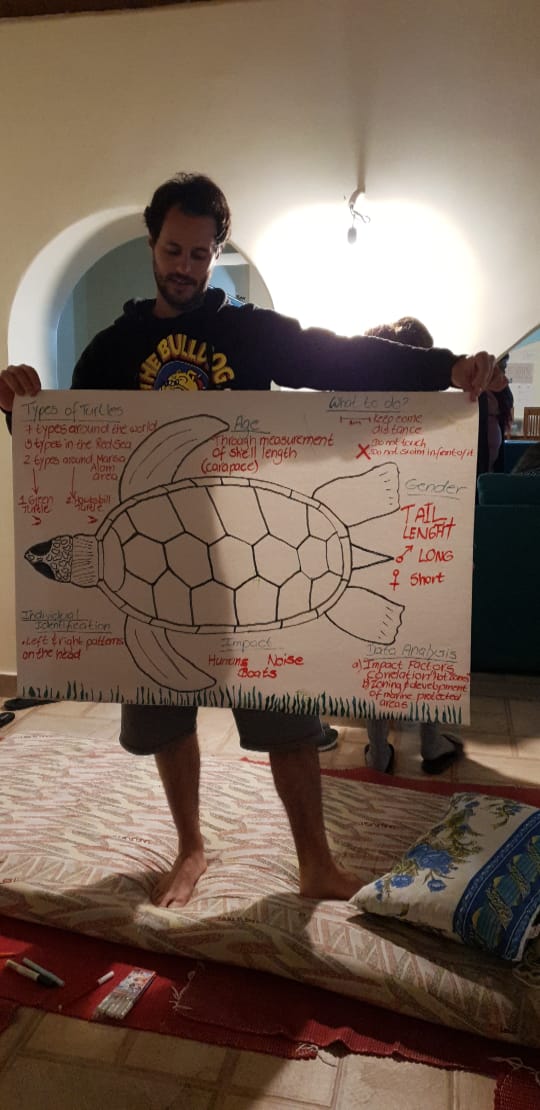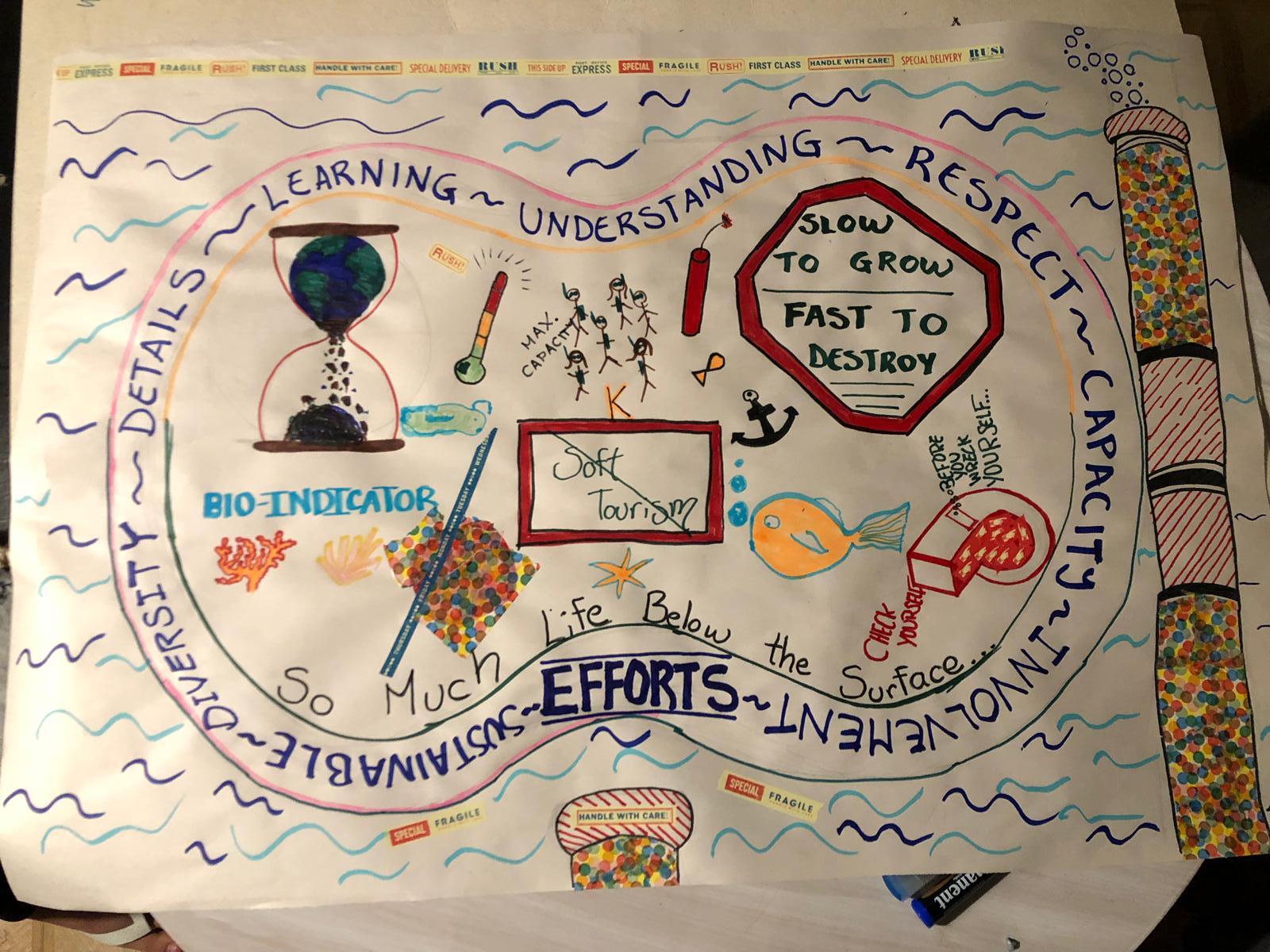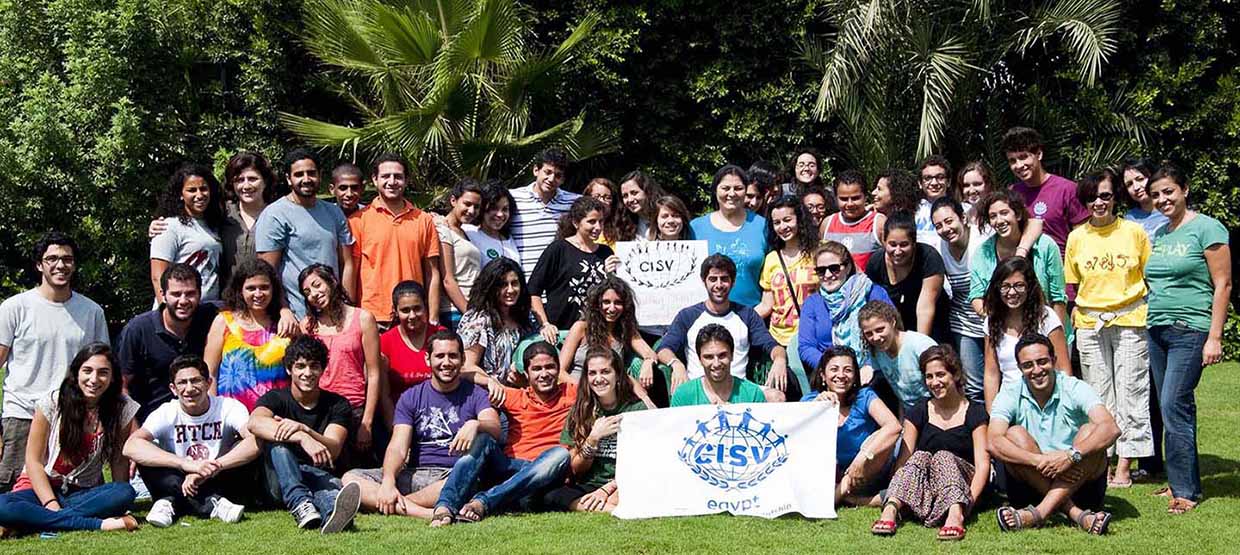
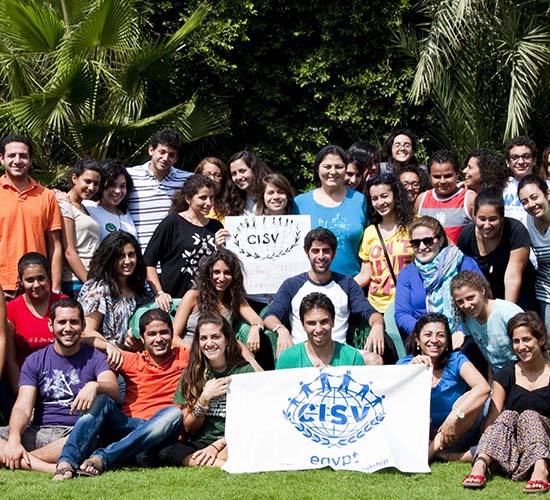
IPP by the Sea: An eye opening experience in Egypt
Historically, most of the CISV programs have been designed for youth (ages 11 to 19). These children and teenagers travel, typically in delegations of four, from their own cities and countries to an international camp-based program. They act as ambassadors from their countries and experience a leadership and education focused program with other delegates from around the world. All of these programs, the local organizations, and the national associations are run by a committed group of adults who volunteer their time to create these memorable experiences for the participants. But, in the early 2000s, a program just for adults was launched.
The IPP (International People’s Project) was established and programs under this umbrella are run in an average of 8 countries each year for two to three weeks at a time. Each initiative is hosted by a CISV chapter and open for up to 25 participants, ages 19 and up, from different parts of the world. From December 28, 2018 to January 18, 2019, CISV Egypt hosted its 7th IPP program and welcomed 22 adults from 12 countries to embark on a series of projects to promote education, conservation, and sustainability in the Red Sea.
Adults from Austria, Brazil, Canada, Chile, China, Columbia, Czech Republic, Finland, Germany, Japan, Portugal and USA joined a group of incredibly dedicated, passionate, and enthusiastic members of CISV Egypt to travel 700 kilometres south from Cairo to Port Ghalib, just north of the coastal city of Marsa Alam for three weeks. This particular IPP program partnered with HEPCA (www.hepca.org), an internationally recognized NGO specializing in marine and land preservation along the banks of the Red Sea, who – not only educated and inspired us – but also hosted us at their research site for the duration of the program.
This IPP-by-the-sea, was a truly eye opening and remarkable experience where every day was filled with new adventures and learning. On the first day of our program, it was an honour to have Ms. Heba Shawky, managing director of HEPCA, take the time out of her busy schedule to give us an overview of the important work that they do to protect the sea from pollutants, unnecessary traffic, illegal fishing, excess coastal developments and other harmful practices. Her introduction to HEPCA was then followed by an orientation day led by a team of accomplished marine biologists who taught us about the different types of marine life in the Red Sea and introduced the work that we would be assisting them with.
“Turtle Watch” and “Reef Check” are two programs that HEPCA has set up to encourage anyone (both Egyptian locals and foreign visitors) to take a proactive stance in assisting with monitoring the conditions in the Red Sea. Volunteers can learn how to track the size, location, and movement patterns of sea turtles and/or help keep track of the health of coral reefs. A team of enthusiastic scientists taught us how to perform both these checks through visual presentations and even a little role-play where practiced measuring and photographing a colleague posing as a turtle!
The third program that we learnt about is their Tridacna (giant sea clams) breeding program. Through the use of a homemade cocktail of algae, rock collection in the desert and carefully controlled water tanks, the HEPCA team encourages the reproduction and health of thousands of baby clams and then transplants them right into the sea to live out their days in the coral reefs. It is a lot of work to keep these little ones healthy, but thanks to the tireless efforts of the HEPCA team, the Tridacna population in the Red Sea will hopefully grow to a healthy number, instead of continuing to have their numbers dangerously decline due to overfishing.
Once our orientation days were complete, what was very recently a group of strangers from around the world had quickly become a team of superheroes ready to fight for the protection of the sea. Split into three teams of 7 or 8, we geared up in our wetsuits, equipped ourselves with underwater clipboards, and powered up with hot tea and cookies before venturing into the great unknown. Over six working days, we rotated through the three projects (turtle watch, reef check, and Tridacna) under the leadership of the HEPCA team. We identified and recorded reef bleaching, counted sea life present in the corals, measured and photographed many sea turtles, and got elbow deep in Tridacna mucus while cleaning their breeding tanks. We each did what we could to make the jobs of the scientists a little bit easier and collect important data from the sea, while being awestruck by the extreme and rare beauty contained below the water’s surface. On one magical day, we even came face to face with a dugong! (a gorgeous, but critically endangered whale). We exchanged some pleasantries, took some photos, and smiled and waved as she continued her journey through the cool blue waters.
During the latter half of our time down south, we moved into new projects – while always maintaining focus on our goal of conservation and education for the Red Sea. Still working with HEPCA, we split into three new groups: one team went out into the desert valleys for trash clean up, one team stayed indoors to write curriculum based school activities for the local children, and the third group alternated between the two projects. Over just a few days, 23 activities about the Red Sea, its ecosystems, threats and conservation efforts were written into a book that both HEPCA and CISV Egypt will be using to educate and inspire school children to take a stand in protecting their environment. At the same time, hundreds of pounds of trash were collected and removed from a nearby desert valley – a common dumping ground for hotels and a vast, never ending graveyard for various household garbage blown around from nearby shorelines and communities.
Some of the working days were long and exhausting. Most especially, those who went into the desert to perform a bit of triage on the casualties we’ve caused in our environment. It was hard to stay motivated when, for every one piece of trash you pick up, thousands more are seen on the horizon. But through this work, we felt like we made a difference. Not just for the Egyptian environment, but for ourselves. If we can take even just one thing that we learnt back to our own homes, communities, and countries then, we can hopefully inspire others to do the same.
The Red Sea is exceptionally unique and beautiful, but like all of our oceans, the peril it faces is very real. For too long, people have taken advantage of our beautiful environment and carelessly never considered the impact that our lifestyles of materialism and over consumption have had on our planet. Climate change, excessive use of fossil fuels, and an exuberant amount of plastic waste are just some of the threats to the precious and fragile ecosystems that surround us. In their fight for survival, the voices of the creatures in the sea cannot be heard. We need to speak for them and lobby for change. HEPCA is working hard every day to reverse some of our impact in the sea and every one of us can follow their lead to make a difference.
What are you going to do?
IPP By the Sea
hosted by CISV Egypt (2018/2019)
article written by Shannon Macelli (CISV Canada)
Partner:
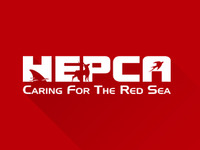
Main Sponsor:

Contributors:


